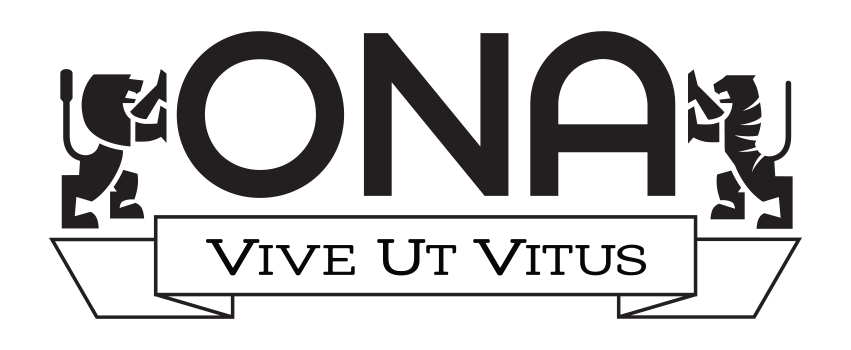Ona Treatment Center is the first of its kind leading the way in bridging the gaps between treatment, policy and research “there is often a wide cultural and experiential separation between the professionals who conduct empirical investigations and the men and women who apply research findings in treatment and policy settings” (Institute of Medicine (US); Committee on Community-Based Drug Treatment, 1998). Ona prides itself on not being a “cookie cutter” treatment center, but instead Client-Centered with one-on-one counseling with master degree or higher staff who are also highly involved in research as well as policy through the forensic sciences in addition to evidence-based curriculum for group sessions tailored toward the highest efficacy rates in the nation.
Ona appreciates the importance of Person-Centered planning beyond reimbursement and administrative requirements. Ona Treatment Center schema and modalities coordinate evidence-based comorbidity treatment for substance and alcohol use disorders with symptoms that arise from:




